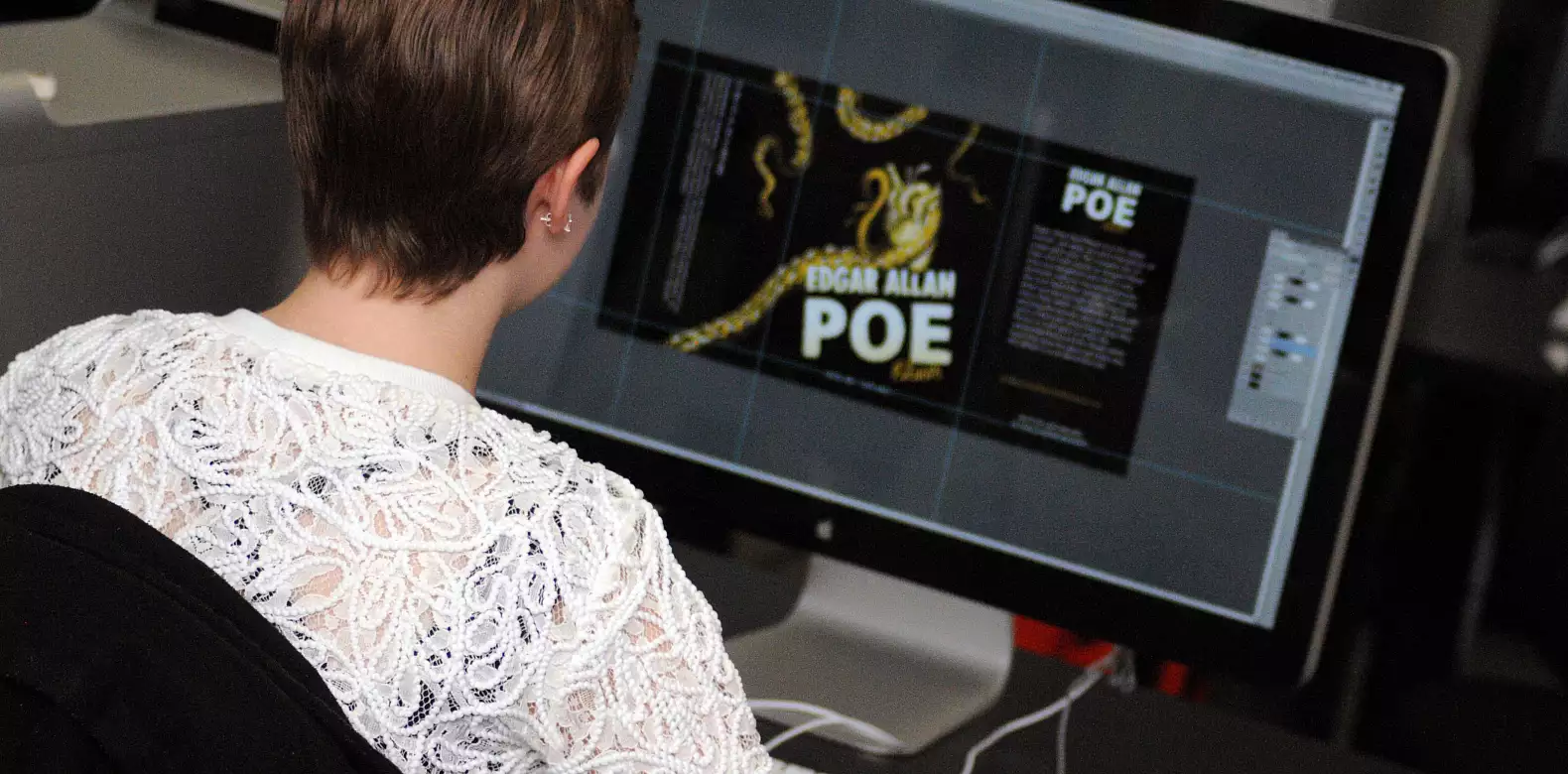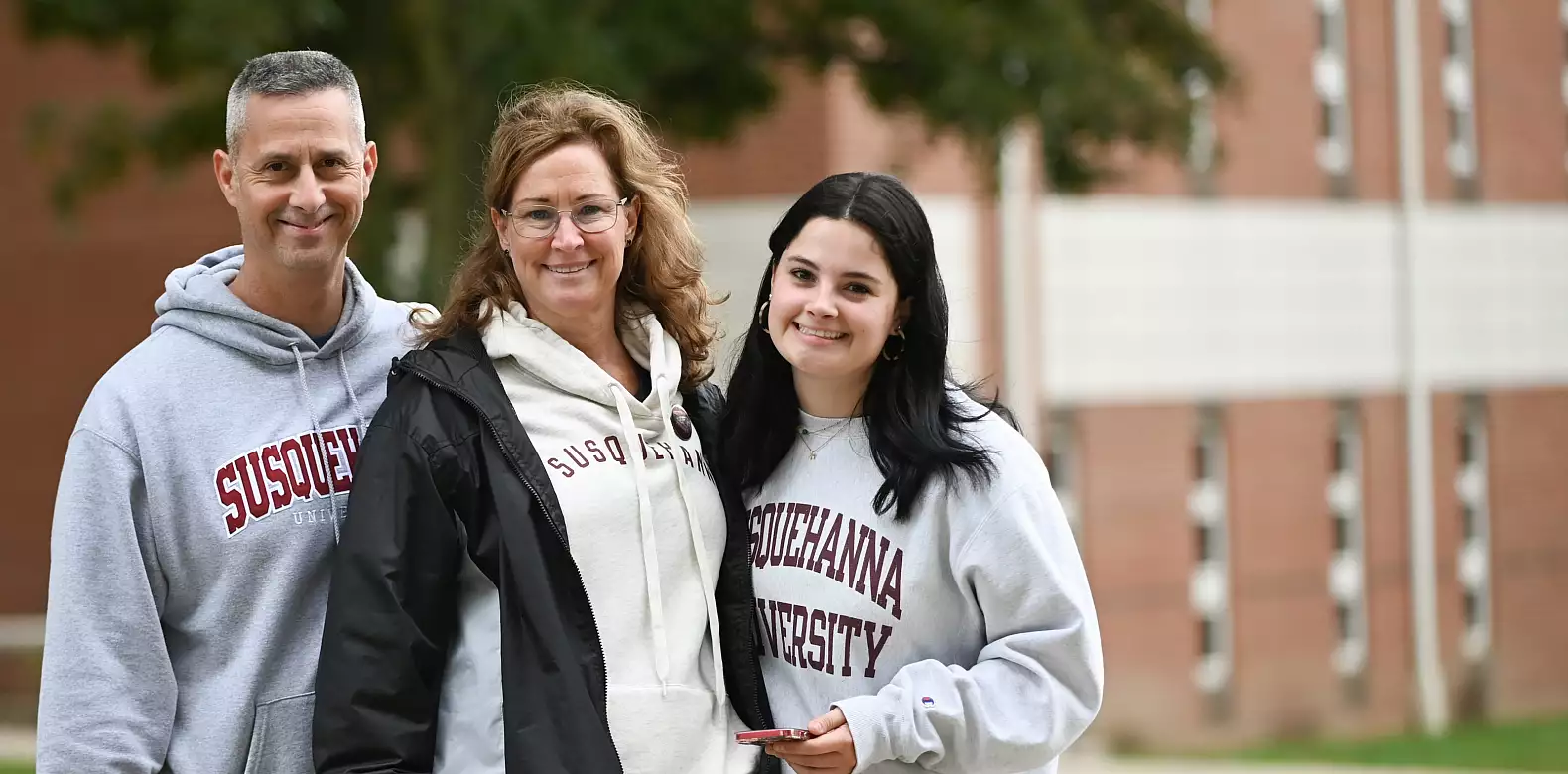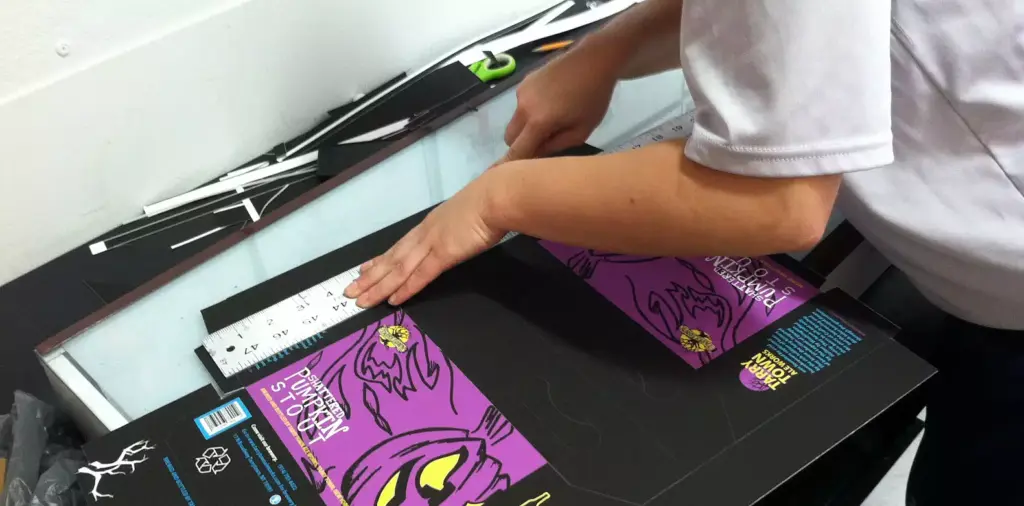Translations Featured by French News Network
“I am certain that we can only appreciate happiness after having suffered, but does the suffering ever stop? I end up doubting so.”
Written in 1942 by 15-year-old French student Louise Pikovsky, those two sentences were included in one of several letters to her beloved Latin teacher Anne-Marie Malingrey. Six months later, Louise, who was Jewish, would be murdered at Auschwitz concentration camp in Poland along with her parents and siblings.
“Louise’s letters are startlingly mature. Yet, she is a teenager, wrestling with big questions, figuring out what she believes in, frustrated to see her personal autonomy circumscribed by parents and the discriminatory laws brutally imposed by the [Nazi] Occupation government,” says Lynn Palermo, associate professor of French at Susquehanna. “Hers is a perspective we don’t often see in textbooks.”
French students at Susquehanna University recently translated the letters.
“We had to start by transcribing the letters so that we had a digital copy of them,” says BreAnna Cherry ’20. “The original letters are in French cursive, and we had a hard time distinguishing some of the writing at first.”
Once the transcriptions were complete, most of the translation was done as a class.
“This was extremely rewarding because it reminded us that we each translate things a bit differently,” Cherry explains. “Some people are stricter in their translations whereas others, like myself, are more lenient … and prefer to focus on the flow of the sentences rather than the actual words.”
Louise’s letters begin in August 1942, and consistently express a yearning for knowledge and understanding. She often muses about friendship, happiness and religion.
“I firmly believe [in God] despite having long struggled with this,” she writes. “So many things displease me in people who believe and practice religions! All these practices established in other times and which have no reason to exist now.”
Louise’s letters also reveal the encroaching danger she was living in. In a letter dated Sept. 19, 1942, she writes: “Tomorrow, we are not allowed out after three o’clock,” a reference to Jewish curfews.
Making Louise’s Voice Shine
“The most important part of the translation process was making sure that Louise’s voice shined through. We could have translated the text word for word, but so much of her personality and her struggle would have been lost,” says Julia Loudenback ’22. “She wants to know what it means to have a true friend, and, in her letters, she appears to maintain a childlike optimism for the future.”
Sadly, Louise’s optimism was misplaced. Her final letter is dated January 1943. It states only, as if written hastily: “We have all been arrested. I’m leaving you the books that are not mine and some letters I’d like to find if I ever come back. I’ll think of you, of Father and Miss Arnold. All my love, Louise.”
Louise’s letters were discovered in 2010, forgotten but tucked away in a cupboard inside her former elementary school. The letters eventually made their way into the hands of the school’s librarian, who traced Louise’s history as far as she could before turning them over to a reporter from France 24, a bilingual media outlet, who found Louise’s surviving relatives.
Palermo first learned about the letters through Susquehanna’s Michael Thomas, assistant professor of philosophy, whose wife, Emilie Lebee-Thomas, an adjunct faculty member at Susquehanna, knew of the reporter’s work. Palermo and her students worked with the reporter, who published their English translations on France 24’s website. Read them here.
Language, History and Culture Converge Through Translation
The translation work requires Palermo’s students to immerse themselves in language “in a way unmatched by any other teaching tool I’ve found,” Palermo says. But she added that the language is only the first dimension of translation.
“I use translation as an entrée into the study of cultural history. As we translated Louise’s letters, we studied Occupied Paris and especially its impact on Jewish citizens and immigrants, the creeping incursion of authoritarian regimes, and the Holocaust, as these related to the situation of Louise Pikovsky and her family,” Palermo explains.
“The goals are to situate these letters in historical context and to use the context to inform our translation. My ultimate goal is for students to make human connections with that history, so that comes alive and no longer feels remote.”
France 24’s full coverage of the Louise Pikovsky’s story, “If I ever come back: A French schoolgirl’s letter from the Holocaust,” can be found here.



